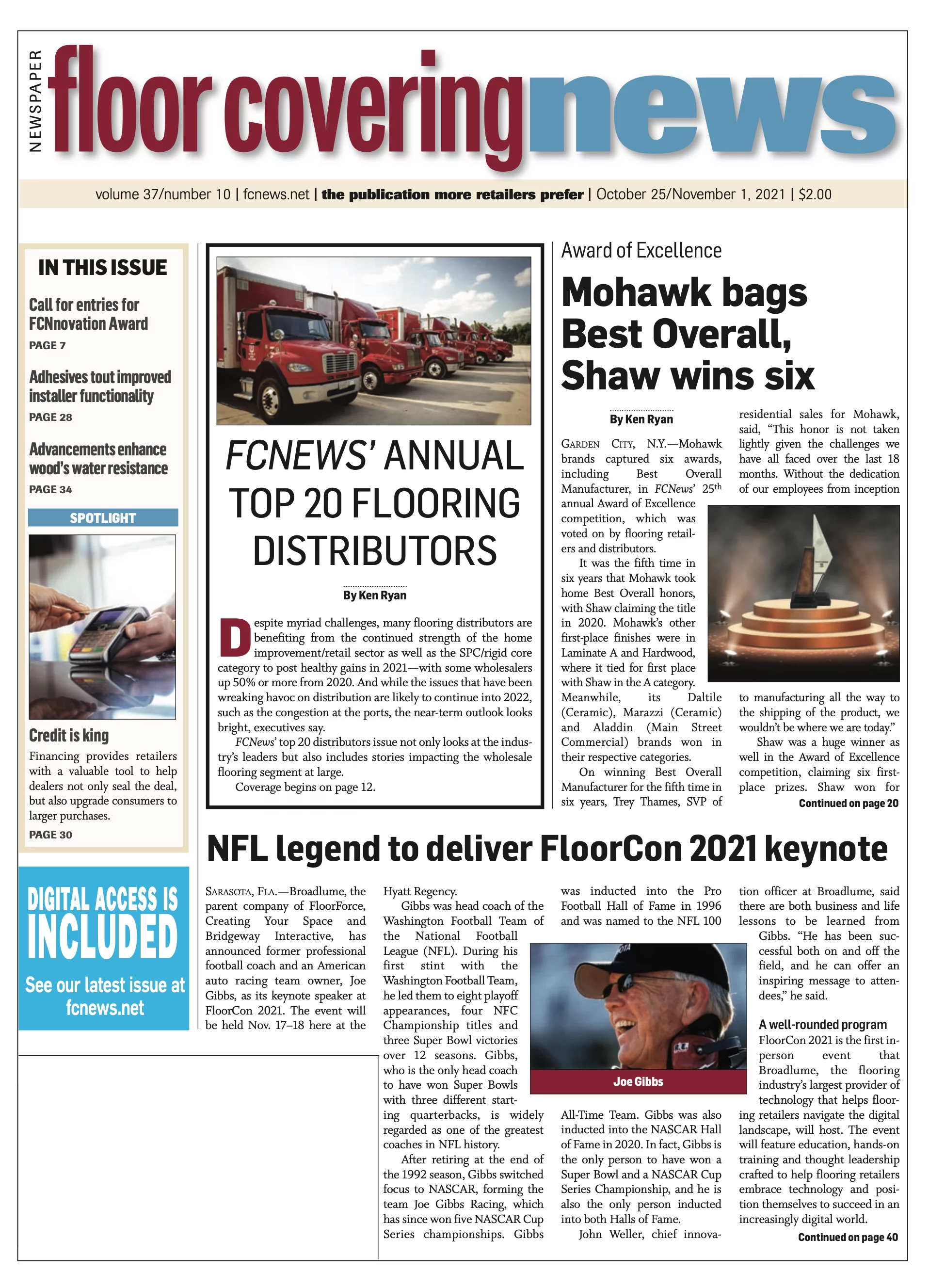 By Reginald Tucker—Carlos Castro, owner-operator of Connecticut-based Hartford Carpet Cleaning, is a very busy man these days. Like so many professional service providers working overtime running their own businesses while spending most of their waking hours applying their craft out in the field, Castro needed an effective solution to the challenge of keeping up with the barrage of phone calls from prospective clients.
By Reginald Tucker—Carlos Castro, owner-operator of Connecticut-based Hartford Carpet Cleaning, is a very busy man these days. Like so many professional service providers working overtime running their own businesses while spending most of their waking hours applying their craft out in the field, Castro needed an effective solution to the challenge of keeping up with the barrage of phone calls from prospective clients.
In most cases, callers were looking to set up appointments to have Castro come to their homes to provide estimates for carpet cleaning and other home-related power-wash services. He initially handled the bulk of those incoming calls himself, but it got to a point where it became too time-consuming to manage effectively. His search for a solution connected him with Smith.ai, a company specializing in 24/7 virtual receptionist services and chat messaging.
“Smith.ai offers a service where they answer the phone for me if I can’t get to it in the first 20 seconds—or if I wanted to I could have all my phone calls go directly to them,” Castro said. “The way I have it set up is to get my customers onto my schedule. So if a customer calls and she wants to know about my prices, Smith.ai will open up my scheduling app and review my prices; if the customer accepts, they will put her on the schedule.”
Another benefit for Castro, who has been using Smith.ai’s services for a little over a year now, is the ease with which it integrates with his existing office programs. “I got very lucky with Smith.ai,” he told FCNews. “It’s a game changer.”
Hartford Carpet Cleaning’s experience is a textbook case study in how small businesses can better utilize this kind of technology to handle basic, yet essential business functions. “We help busy, small businesses—mostly service-driven businesses—be more responsive,” said Maddy Martin, vice president of marketing at Smith.ai. “Our services also help clients capture more of the lifetime value of their clients that they’ve worked so hard to win continual business from—not just one time, but ongoing.”
More importantly, Smith.ai ensures the “quality” of each customer interaction by treating every incoming call as a pre- qualified lead. “It’s not as simple as taking a message or transferring a call—it’s much more involved,” Martin explained. “If you’re just having a service answer calls for you, you’re not taking that conversation forward. We help our customers capture the best potential clients so when they’re busy, they can pick the best jobs.”
In this capacity, Smith.ai serves as a “gatekeeper” of sorts. For every small business that matures in their business model, according to Martin, there comes an inflection point where they realize they have to get their operations in order so they become a more “system-centric” business as opposed to the high-touch traditional business model.
“Smith.ai customers know they now have people, software and other tools and processes in order that allow them to function without personally being there all the time,” she said. “We provide relief for clients’ in-house teams who oftentimes have much more high-value tasks to execute on a daily basis. We can remove those routine chores and tasks for them.”

An extension of the team
One of the most impressive aspects of the technology Smith.ai employs is actually a feature that’s largely invisible to the caller—and that’s by design. For example, at no point during an incoming call is a customer aware of the fact that the contractor, installer or retailer might be using a virtual receptionist service.
“We strive to appear as in-house staff for a particular business,” Martin explained. The trick, she said, is to work with clients to learn the nuances of a particular business. “In flooring, there are common scenarios business owners encounter,” Martin added. “Whether it’s a question about an installation or a schedule for a residential or commercial project, our receptionists determine the nature of that call and how best that call can be pushed to a specific team, department or individual so they are handled properly.” That’s why Smith.ai spends so much time with an owner/operator on the front end to learn as much about his/her business as possible. This way, when the phones start ringing off the hook, Smith.ai reps are better equipped to navigate the conversation.
“If it’s a new lead or an existing client, the caller might ask for their account manager, project manager or their favorite salesperson,” Martin explained. “In any scenario, we need to be able to speak the language of the business and then determine if an inquiry is an upgrade call, a complaint or concern—and then make sure the correct person gets that information. Whether it’s a chat tool or other messaging vehicle where an immediate notification is required, we have the ability to reach owners wherever they are—especially if they want to be kept in the loop at all times.”
In today’s business environment where finding qualified/available workers can be a challenge, the need for employees who can provide essential office functions is critical. That’s especially the case in businesses that depend heavily on efficient and professional customer interactions. For some businesses, virtual reception/chat services can provide a bit of a stop gap until such time that companies feel more comfortable in hiring on a large scale again.
“Retail businesses are growing, but they are growing very thoughtfully and carefully in a way that doesn’t lock them into commitments,” Smith.ai’s Martin explained. “Many companies are gun-shy about hiring right now, and many are not making the same long-term investment in staff as they have done in the past.”
In the meantime, many Smith.ai clients feel the solutions offered are more than adequate. “With Smith.ai, I don’t have to speak to every single one of my customers,” Hartford Carpet Cleaning’s Castro said. “I would recommend them to anyone who could use this service.”

